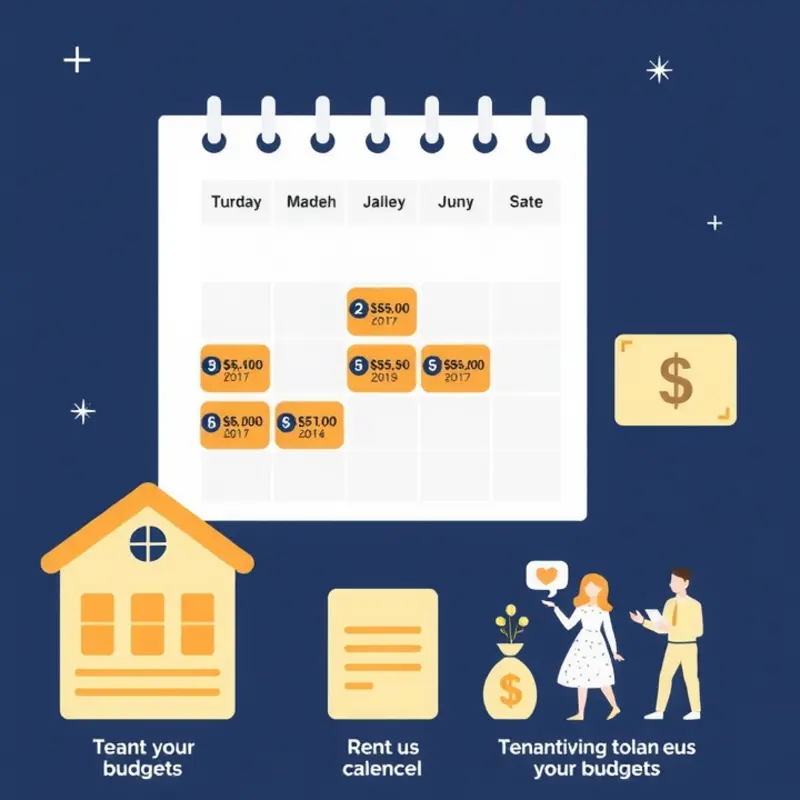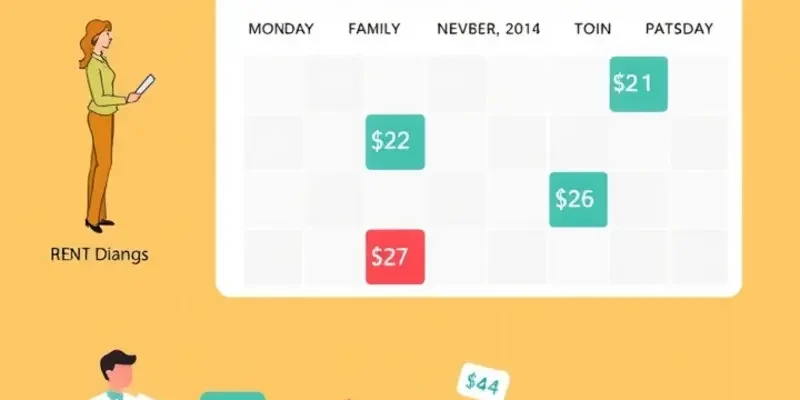Managing your rental obligations can feel overwhelming, especially for young professionals, first-time renters, and families. Rent arrears occur when you fall behind on your rental payments, which can lead to significant stress and financial hardships. Understanding the implications and effective strategies for managing rent arrears is crucial for maintaining your financial health and tenancy rights. This guide aims to clarify common questions surrounding rent arrears, providing practical advice tailored to your unique situation. Whether you’re a student struggling with budget constraints, a couple balancing multiple commitments, or a family seeking a safe haven, we will offer you insights into navigating this challenge. By equipping yourself with knowledge about your options and obligations, you can take proactive steps to mitigate risks associated with falling behind on rent payments. Let’s explore how to turn around your situation and ensure a stable living environment.
Chapter 1: The Basics of Rent Arrears

Understanding rent arrears begins with familiarizing yourself with the basics. Rent arrears occur when a tenant fails to pay rent by the agreed-upon due date. This situation can create significant stress, impacting both the tenant and the landlord, and may ultimately affect the tenant’s living arrangement.
Common terminology in the realm of rent arrears includes arrearage, which refers to the unpaid or overdue balance, and default, which indicates a failure to fulfill a financial obligation. Rent arrears are a breach of your rental agreement, which typically outlines the payment schedule and the consequences for non-compliance.
There are numerous causes for rent arrears. Unanticipated financial setbacks, such as job loss or medical emergencies, can severely alter one’s ability to pay rent. Budgeting mishaps, where expenses exceed income, can also lead to arrears. To maintain financial stability, it’s crucial to understand the root causes of arrears and develop strategies to mitigate them.
When faced with rent arrears, the time to act is now. Prompt action can prevent the situation from escalating. Start by reviewing your rental agreement to understand your obligations and the repercussions of non-payment. It’s advisable to communicate with your landlord at the earliest indication of financial trouble. Transparency fosters trust and may open avenues for negotiation, such as revised payment schedules.
Rent arrears can have long-lasting effects, including damage to personal credit scores. A tarnished credit report may limit future housing opportunities and impede other financial endeavors. To avoid such outcomes, consider financial planning resources. For additional guidance, explore financial planning for renters, which provides insights into managing expenses and ensuring timely rent payments.
In essence, rent arrears represent a challenging yet solvable situation. Familiarizing yourself with the key concepts and underlying causes is the first step toward maintaining your financial health and housing security. By taking proactive steps, young renters and families can navigate these waters with confidence.
Chapter 2: Managing and Preventing Rent Arrears

Facing rent arrears can be stressful, but understanding how to manage and prevent them is crucial. Being proactive about your financial situation is the first step toward stability. Let’s discuss effective strategies to handle existing arrears and prevent future issues.
When dealing with existing rent arrears, effective communication with your landlord is vital. Approach them as soon as financial difficulties arise. Landlords appreciate transparency and may be willing to negotiate a repayment plan. Clearly outline your financial situation, showing any proof of income or expenses, and suggest a feasible timeline for meeting payments.
Budgeting is a powerful tool in managing arrears. Review your income and expenses to determine how much you can realistically allocate toward rent. Prioritize rent in your budget by cutting unnecessary expenses. Consider resources like renter credit improvement tips to bolster your credit and improve your standing with potential landlords.
Emergency savings can provide a crucial buffer. Aim to set aside a portion of your income each month, no matter how small. This fund can be a lifeline during unexpected financial emergencies, preventing arrears from becoming overwhelming.
To prevent future arrears, keep open communication lines with your landlord. Inform them of any anticipated payment issues ahead of time. This helps maintain a positive relationship and demonstrates responsibility and foresight.
Explore various financial assistance options available, such as government programs or local charities offering support to renters in distress. Many agencies provide rental assistance funds specifically designed to prevent homelessness and help families maintain housing stability.
Another preventative measure is to regularly review your financial situation. Create a monthly or quarterly schedule to assess income changes or increased living costs that could impact your ability to pay rent.
In conclusion, managing current rent arrears and preventing future ones requires proactive communication, disciplined budgeting, and an understanding of available resources. By fostering a robust financial strategy, young renters and families can navigate these challenges with greater ease.
Final words
Understanding rent arrears is a vital step toward maintaining your financial stability as a renter. By grasping the essentials of managing rent payments and adopting proactive budgeting strategies, you can work to avoid falling into arrears and safeguard your lease agreement. Open communication with your landlord, coupled with an awareness of available support resources, can empower you to navigate financial difficulties effectively. Remember, challenges provide opportunities for growth, and by addressing rent arrears thoughtfully, you can lay the foundation for a secure living environment and peace of mind.









